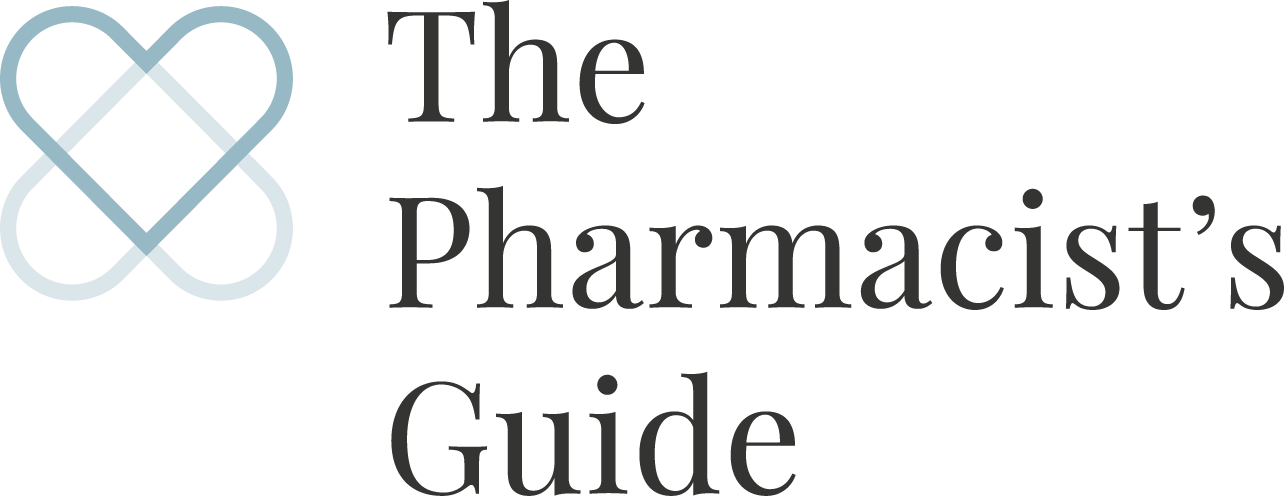Why Is It So Darn Hard to Remember To Take Your Medicine?
We learned in pharmacy school that drug steady state takes approximately 4-5 half-lives. Steady state is usually required to begin receiving the benefits of whatever medicine that you are taking.
So what happens when you miss a dose?
The favorite answer in medicine, it depends.
It depends on the drug, the patient, the indication. For example, missing a dose of your seizure medication or blood thinner will have more dire consequences than your daily vitamin. Each drug also has a different half-life and thus a different therapeutic window. And because someone is usually taking medication in conjunction with other medications, pharmacists have to look at those interactions well. (shameless plug for how valuable pharmacists are)
I used to get phone calls all the time when I worked in community pharmacy saying something like “I don’t remember if I took my medication this morning, can I take it again”. Again, a complex question that doesn’t have a straightforward answer.
Adherence also bleeds into other areas of life. Though I am not likely to forget if I have exercised for the day, if I don’t have a mechanism in place to trigger me, it is less likely to get done. We know the importance, how can we put fail-proof mechanisms in place to ensure we don’t forget?
Set a reminder
Almost everyone has a smartphone now! Simply set an alarm to go off (in your choice of sounds) at the time(s) you need to take a medication.
Use a pill box or label
This is an easy, visual reminder to help you remember to take your medicine.
Make yourself a checklist
This is similar to the above. Putting a checklist somewhere handy may seem cumbersome, but it’s better than having to wonder “did I or didn’t I”?
Take it at the same time everyday or couple it with another task
For example, leave it on your nightstand and take it before bed everyday.
I can’t help but think of how these reminders apply to our lives and habits that we build. Sure, we can leave it to chance that we remember, but building in processes and triggers (and removing barriers) will make us much more successful.
